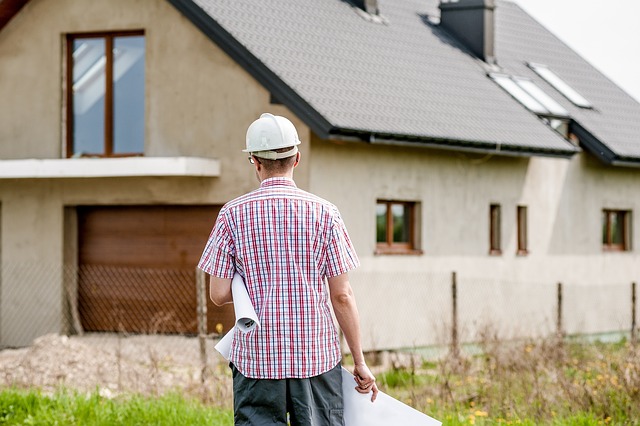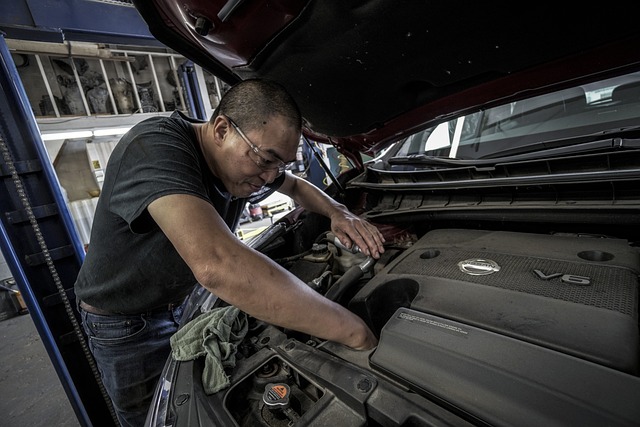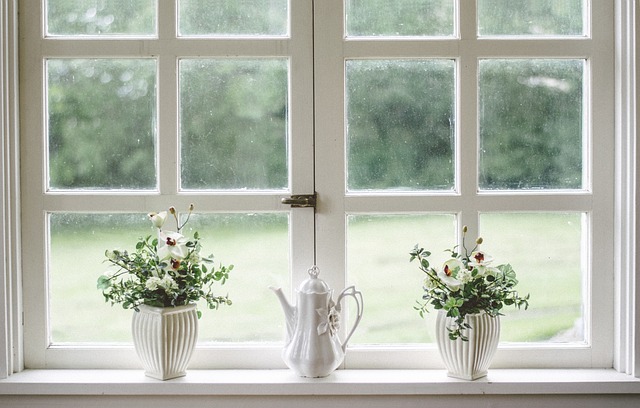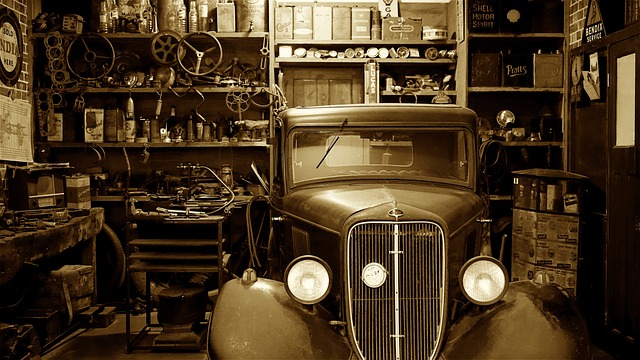Regular HVAC maintenance is essential for maintaining optimal indoor temperatures and home comfort throughout the year. It involves proactive home repair and maintenance practices like seasonal inspections in spring and fall to detect potential issues early and prevent major breakdowns. Key tasks include clearing debris, replacing filters regularly, cleaning coils, lubricating moving parts, and adjusting blower components for efficient operation. An annual professional service check is recommended to address electrical components, refrigerant leaks, and thermostat calibration. These measures not only extend the lifespan of your HVAC system but also save energy and prevent costly unexpected failures. By incorporating regular maintenance as part of your home repair and maintenance routine, you ensure your climate control system remains reliable and efficient when needed. Homeowners should monitor their system for signs of decline, such as reduced air temperature, unusual noises, or unexplained increases in energy usage, addressing these issues promptly to avoid more serious problems and to protect their HVAC investment. Regular home repair and maintenance are crucial for long-term performance and energy efficiency of your HVAC system.
Maintaining and repairing your HVAC system is paramount for year-round home comfort. This article demystifies the process, offering insights into the importance of regular upkeep and expert intervention when needed. We’ll explore the best practices for HVAC maintenance, delve into the craftsmanship behind effective repairs, and guide you on recognizing when to summon a professional. With the right knowledge and approach, you can ensure your HVAC system operates at peak performance, contributing to the longevity and efficiency of your home environment.
- Understanding the Essence of HVAC Maintenance for Sustained Home Comfort
- Step-by-Step Guide to Proper HVAC Maintenance Practices
- The Art of Effective HVAC Repair: A Technician's Perspective
- When to Call a Professional: Signs Your HVAC System Requires Expert Intervention
Understanding the Essence of HVAC Maintenance for Sustained Home Comfort

Regular HVAC maintenance is a cornerstone of ensuring consistent and comfortable indoor temperatures throughout the year. This proactive approach to home repair and maintenance helps in detecting issues before they escalate into costly repairs or replacements, safeguarding both the efficiency and longevity of your heating and cooling system. By scheduling routine check-ups, a certified HVAC technician can optimize your system’s performance, clean or replace filters, inspect ductwork for leaks or blockages, and verify that all components are functioning as intended. This meticulous care not only contributes to the overall air quality within your home but also reduces the strain on your system, leading to energy savings and minimizing the potential for unexpected malfunctions during extreme weather conditions. In essence, a well-maintained HVAC system is instrumental in maintaining the comfort of your living space, ensuring that it operates at peak performance when you need it most. Homeowners who prioritize regular maintenance can enjoy a more reliable and efficient home climate system, ultimately enhancing their daily comfort and peace of mind.
Step-by-Step Guide to Proper HVAC Maintenance Practices

Regular upkeep of your HVAC system is pivotal for its longevity and efficiency. A well-maintained HVAC system operates more effectively, saves energy, and can prevent costly repairs down the line. To ensure your HVAC system functions at peak performance, start with a thorough inspection in the spring and fall. Begin by clearing debris from both the indoor and outdoor units to facilitate proper airflow and prevent overheating. Check and replace filters monthly, as dirty filters restrict airflow and can lead to system malfunctions. Additionally, clean the coils, ensuring they are free of dirt and foliage. Examine and lubricate moving parts to reduce friction and wear. Adjust blower components to guarantee optimal delivery of heated or cooled air. It’s also wise to have a professional HVAC technician perform an annual maintenance check to inspect electrical components, test for leaks in the refrigerant lines, and ensure thermostat accuracy. By adhering to these steps, homeowners can maintain their HVAC systems effectively, which contributes significantly to home repair and maintenance practices. This proactive approach not only extends the lifespan of your system but also helps you avoid the discomfort and expense associated with system failures.
The Art of Effective HVAC Repair: A Technician's Perspective

Homeowners often overlook the importance of routine HVAC maintenance until a system malfunction leaves them in discomfort. From a technician’s viewpoint, effective repair work is both an art and a science. It demands a deep understanding of the intricate components within an HVAC system, as well as the ability to adapt to various scenarios that arise during a repair job. A seasoned technician will approach each service call with a systematic process that begins with a thorough inspection of the unit. This initial assessment helps in pinpointing potential issues before they escalate into larger problems. The technician’s expertise lies not only in identifying and fixing faults but also in preventing future breakdowns through meticulous maintenance practices, which are crucial for prolonging the lifespan of the HVAC system. Regular upkeep includes cleaning or replacing filters, inspecting ductwork, calibrating thermostats, and lubricating moving parts to ensure optimal performance and energy efficiency. In the realm of home repair and maintenance, maintaining an HVAC system is pivotal to sustaining a comfortable and healthy living environment. The precision and care taken during each step of the repair process underscore the importance of entrusting HVAC maintenance to skilled professionals who uphold high standards of service and integrity in their work.
When to Call a Professional: Signs Your HVAC System Requires Expert Intervention

When your HVAC system starts underperforming, it’s a clear sign that home repair and maintenance are in order. Homeowners should be vigilant about the warning signs that indicate professional intervention is necessary. If your heating or cooling system is blowing out air that’s not as warm or cool as it usually is, it’s time to call a professional. This change in output can signal a problem with your HVAC unit’s efficiency, which may stem from issues like refrigerant leaks, dirty filters, or malfunctioning thermostats. Another critical indication is unusual noises coming from the system. Creaks, rattles, or grinding sounds are not part of normal operation and should prompt a service call to prevent further damage or costly repairs down the line. Additionally, if your energy bills have spiked without any changes in usage patterns, this could indicate that your HVAC system is working harder than it should due to wear and tear. Regular maintenance can extend the lifespan of your system and ensure it operates at peak performance. It’s essential to address these issues promptly to maintain a comfortable living environment and avoid more complex and expensive home repair and maintenance tasks later on.
Ensuring the longevity and efficiency of your HVAC system is paramount for year-round home comfort, a task that requires consistent maintenance and occasional professional repair. This article has delved into the critical aspects of HVAC upkeep, providing readers with a comprehensive understanding of the importance of regular care and an insightful guide to performing these tasks effectively. By following the outlined best practices and recognizing the subtle signs that signal the need for expert intervention, homeowners can safeguard their systems against malfunctions and premature wear. Remember, the key to optimizing your HVAC system’s performance lies in a commitment to maintenance and repair done right—a commitment that upholds the values of Home Repair and Maintenance excellence. With this knowledge at hand, you are now equipped to ensure your home’s heating and cooling system operates at its peak for years to come.
